Coronavirus homeschooling: New timetable guidelines released for parents
New Education Department advice has outlined exactly how many hours a day children should be homeschooled, breaking the day down into three core categories parents need to cover.
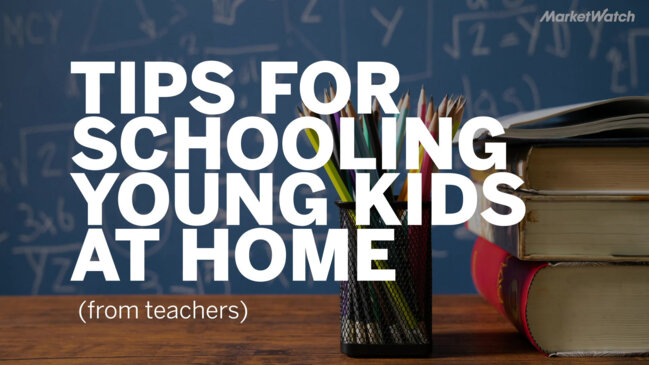
NSW Coronavirus News
Don't miss out on the headlines from NSW Coronavirus News. Followed categories will be added to My News.
- Turnbull autobiography slashed to $8.38 online
- Parents spend big to get kids in sought-after Opportunity Classes
Parents homeschooling their young children should only spend two and a half hours doing academic work, according to new Department of Education advice.
Children in Kindergarten up to Year 2 should spend 45 minutes to an hour on English and 30 to 45 minutes on maths, with up to an additional hour on other subjects like creative arts or physical education.
The concrete guidelines issued this week have been welcomed by parents, who told The Daily Telegraph they have been spending six hours a day doing homeschooling because they were worried their kids could slip behind.
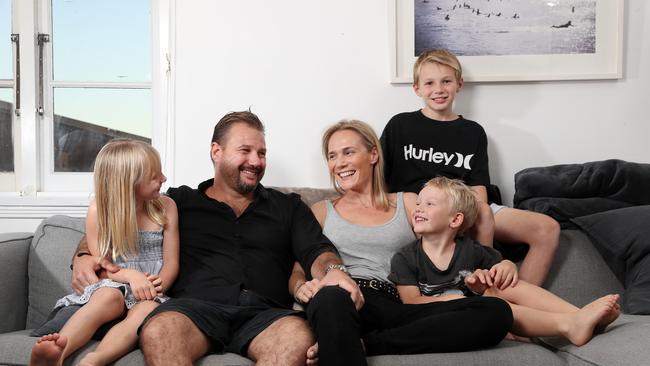
MORE NEWS
Cats crave being with their owner, new study claims
Ruby Princess crew could be flown home this week
The 8 jobs growth areas during COVID-19 pandemic
Children in Year 3 to Year 6 should spend three hours doing school work while those in Year 7 to Year 10 should spend three and a half hours of the day completing work.
“A focus on English and mathematics in primary school reflects the expectation that approximately 50% of the school week is devoted to these subjects,” the new guidebook states.
“Students in Year 11 and 12 will follow their usual pattern of study.”
President of the NSW Parents’ Council Rose Cantali said busy mums and dads with primary school aged kids would particularly welcome the new rules.
“A lot of parents are very lost about whether or not they are doing the right thing, because they don’t want to be responsible for their children’s lack of education,” she said.
“I know a lot of parents are stressing out, they are constantly worried if they’re giving their children too much work or not enough.
“Having these guidelines is going to be really helpful, it gives them some help.”
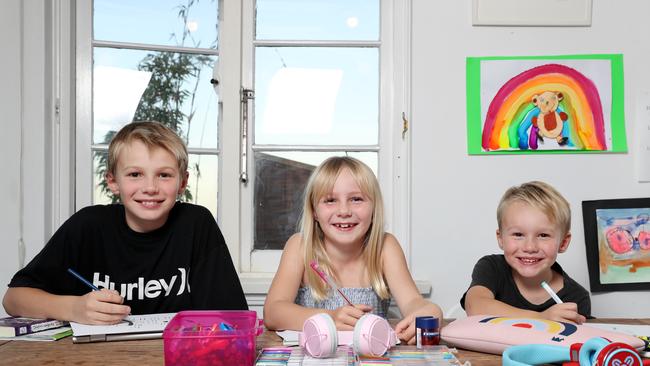
Balgowlah mum Imogen Molines said she would cut back on schoolwork with her 7-year-old daughter Gigi in Year 2 and her 9-year-old son Oscar in Year 4 following the release of the new guidelines.
“You can’t help but feel pressured because you don’t want your child to slip (behind),” she said.
“We try and go through the work that students have set, you have a break, and try to do what’s best for your child.”
“This takes that pressure off, you don’t feel so guilty and you don’t feel so stressed.”
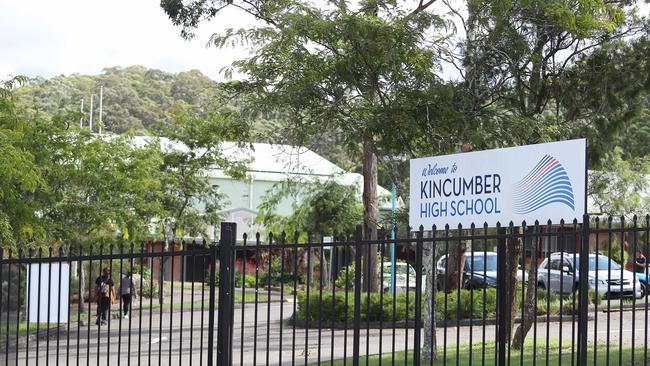
Western Sydney University homeschooling expert Dr Karleen Gribble said the guidelines were realistic for families to achieve.
“A lot of the time students spent at school was not in academically rich situations — there is a lot of crowd control and other activities going on,” she said.
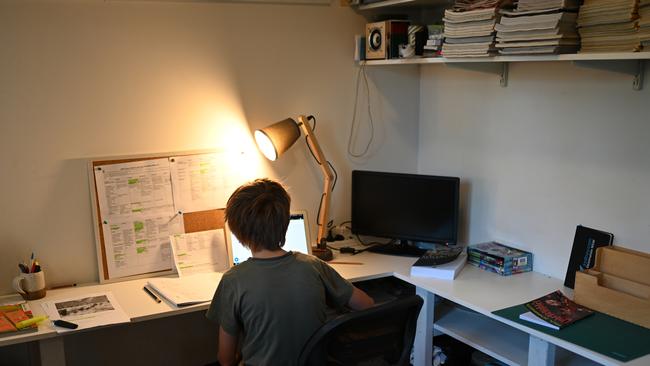
She said despite missing school, the focus on doing the basics of English and maths could have a positive effect on academic performance — which was the case following school closures following the 2011 Christchurch earthquakes.
“But when they went back to school, they focused on the basics and actually kids did better than what they had been doing before the earthquake,” she said.
“It is not necessarily going to be a negative thing.”
